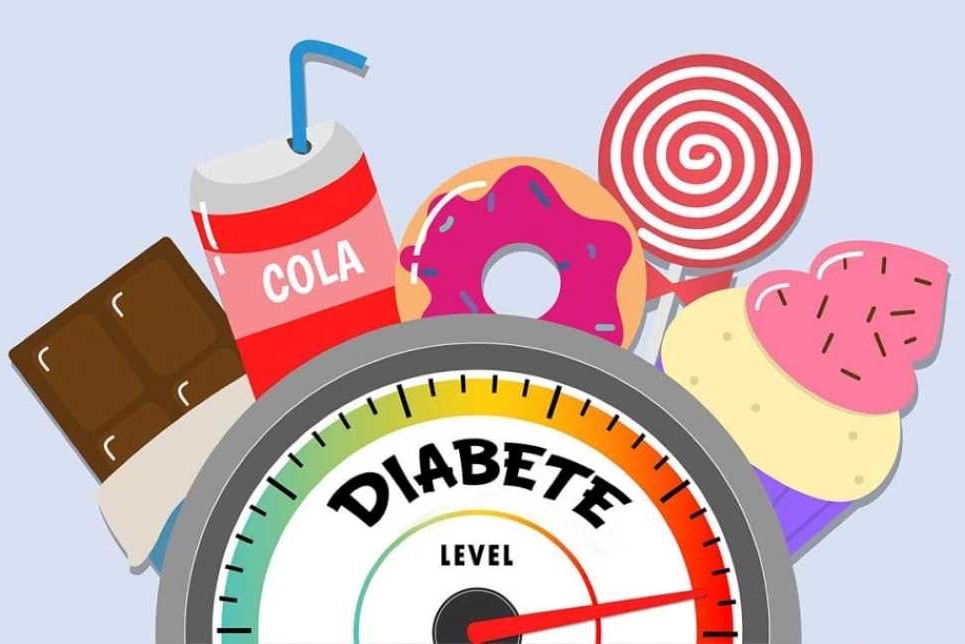
Life-Saving Strategies for Managing Diabetic Emergencies
Emergency Interventions in Diabetes: A Guide for Rescuers on the Occasion of World Diabetes Day
Every year, November 14 marks World Diabetes Day, a day dedicated to raising awareness and understanding of a disease that affects millions of people worldwide. For emergency responders, it is critical to understand how to intervene in emergency situations involving people with diabetes.
Understanding Diabetes
Diabetes is a chronic condition that occurs when the pancreas does not produce enough insulin or when the body cannot effectively use the insulin produced. This leads to increased blood glucose levels, which can lead to serious complications if not managed properly.
Identifying a Diabetic Emergency
The most common diabetic emergencies include hypoglycemia (low blood sugar) and hyperglycemia (high blood sugar). Hypoglycemia can cause symptoms such as tremors, sweating, confusion, and in extreme cases, loss of consciousness. Hyperglycemia, on the other hand, can lead to critical conditions such as diabetic ketoacidosis, which requires immediate medical intervention.
Steps for Emergency Intervention
When intervening in an emergency situation involving a diabetic patient, it is crucial to follow these steps:
- Assessment and Recognition:
- Identify signs of hypoglycemia or hyperglycemia.
- Check whether the person is conscious and able to swallow.
- Management of Hypoglycemia:
- If the patient is conscious and able to swallow, provide a source of rapidly absorbed sugar, such as fruit juice or candy.
- Continuously monitor the patient for any changes in his or her status.
- Management of Hyperglycemia:
- If you suspect diabetic ketoacidosis, it is essential to call an ambulance immediately.
- Provide basic life support if needed.
- Communication with Medical Personnel:
- Inform emergency medical personnel of the patient’s status and any interventions already performed.
Training and Preparation for Rescuers
Rescuers should receive specific training in the recognition and management of diabetic emergencies. This training can make the difference between life and death in critical situations.
The Importance of Awareness Raising
World Diabetes Day is not only an opportunity to raise awareness about the disease, but also to strengthen the knowledge and skills of emergency responders to deal with diabetic emergencies. Being prepared can save lives, especially in a medical condition as prevalent as diabetes.


